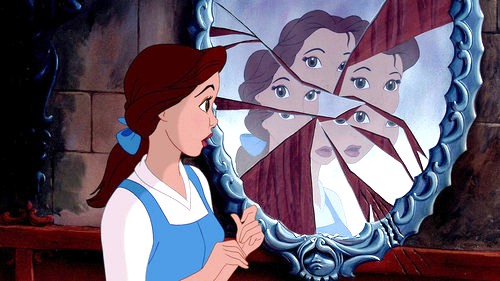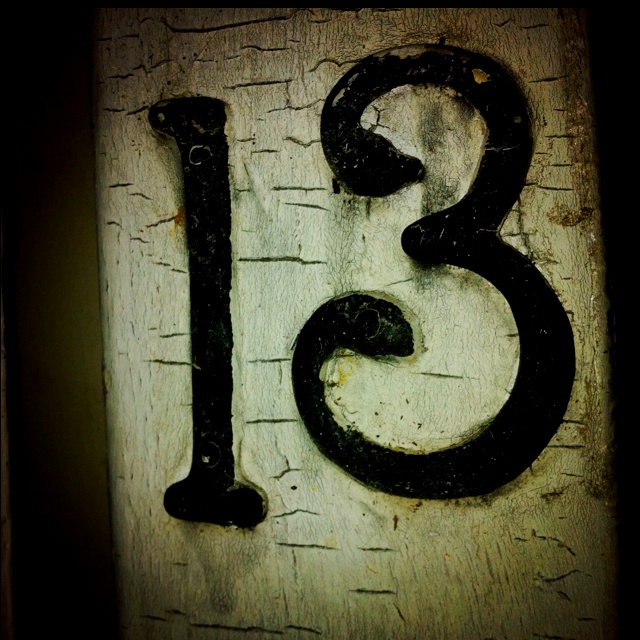As old as mankind itself, some beliefs have travelled through the ages and into the modern age where science has an explanation for everything. Well, not everything! Science has tried decoding why we react the way we do under certain circumstances with little results. Superstitions are beliefs built on the attribution to circumstances.
We consider it bad luck when a black cat crosses our path and knock on wood when we talk about achievements and good things to come.
Read on to find out the origins of some of the most popular superstitions.
The infamous “black cat”

You might be wondering how these cuddly kitty cats got a bad reputation. Well, for one, they are black. It turns out ancient Egyptians worshipped cats and killing the feline was deemed a sin and cost lives as a punishment. Things started going the other way around for cats- especially those black, in the 16th century Europe- the age of witchcraft and wizardry. Some elderly women were accused of practising black magic and were often spotted with cats as companions. People believed that the witches turned into black cats to prowl the streets at night. In fact, black cats were mass murdered due to this guilty association. And thus the belief stuck.
“Knock on wood”

Some cultures worshipped trees and believed spirits and gods resided in trees. The earliest origin of knocking on wood was believed as a way of asking the gods/spirits for a favour or to show gratitude for the fortune granted. However, Europeans thought that knocking on wood will scare away evil spirits listening in who might reverse their fortune.
“Broken mirrors and seven years of misfortune”

Ancient Greece practised catoptromancy- a method of predicting the future by looking at a person’s reflection in a mirror. Broken mirrors distort the reflections which were considered ill luck. Even today, we are advised to never look into broken mirrors. The deal with seven years of misfortune was added on by the Romans who believed that every person has seven years of alternating health and sickness.
The thing with the numbers

- The number 13: A common phobia for today’s civilization- the triskaidekaphobia. It has its roots in the Bible as well as in the Norse mythology. According to the Bible, in the Last Supper Jesus dined with 12 others before being arrested and crucified. According to the Norse myth, 12 Gods were dining peacefully until Loki-the god of strife and evil joined and crashed the party, resulting in the death of one god.
It’s a popular number when it comes to bad luck that many buildings around the world skip the 13th floor. - The number 17: For the Italians the number 17 brings misfortune. 17 in Roman numerals is XVII which can be rearranged to form VIXI- meaning life has ended.
- The number 4: In the Cantonese language, spoken widely in and around Hong Kong, the number four sounds identical to the word for death.
- The number 14: in the same language, the number one sounds similar to the word for must. Therefore the number 14 stands for the phrase “must die”
This list with numbers can go on and on and so do the superstitions we believe in. So, the next time you spot a black cat on your way to the exam hall, make sure to pet it!


















